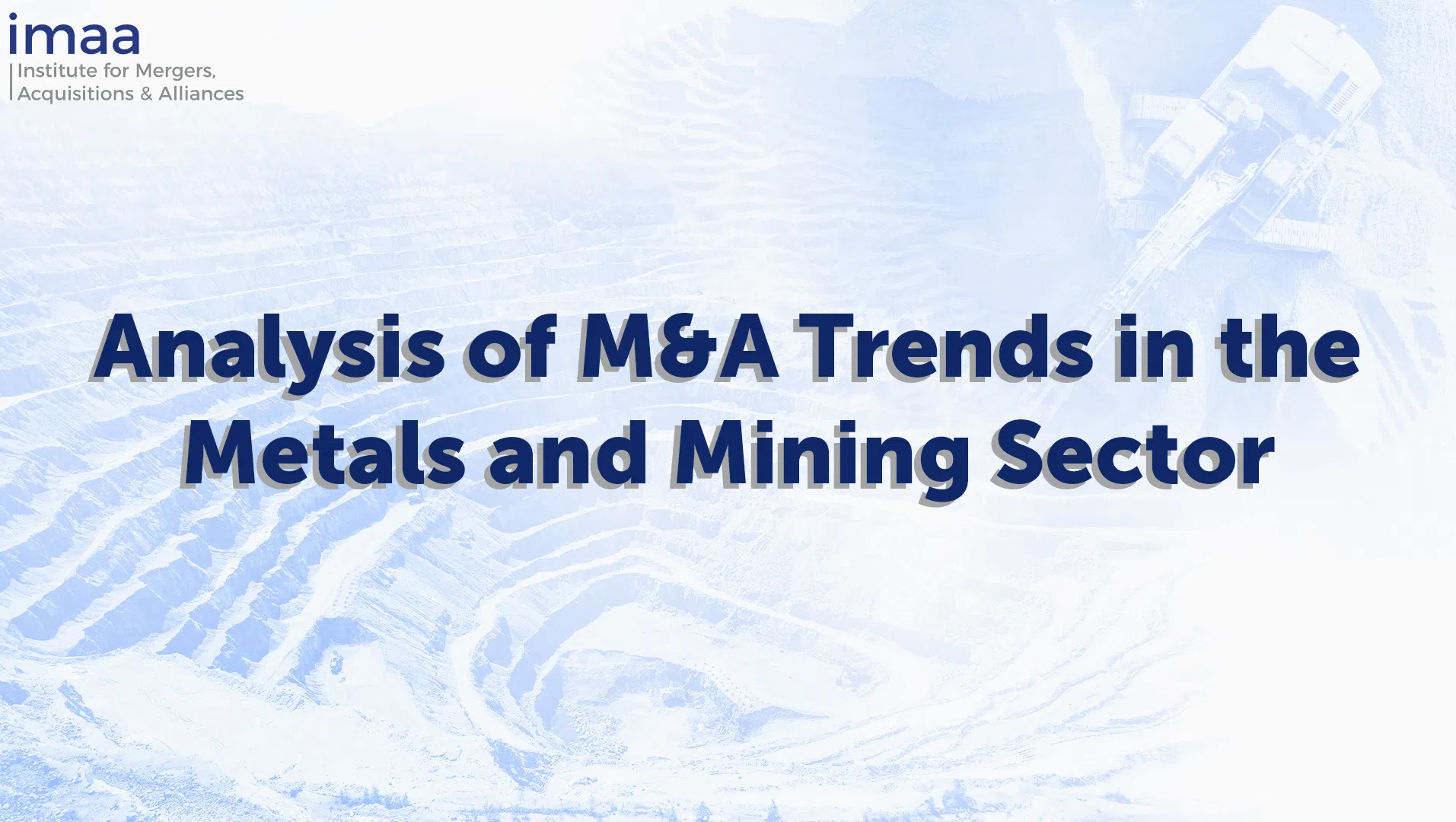
News NYU finance professor on why a tech stock bubble is not necessarily a bad thing
- News
NYU finance professor on why a tech stock bubble is not necessarily a bad thing
- IMAA

SHARE:
Featured
NYU's Damodaran on the Benefits of a Tech Stock Bubble
In a recent interview in Barron’s Roundtable, Aswath Damodaran, a renowned finance professor at NYU’s Stern School of Business and expert in valuation, shared his insights on market valuations, particularly concerning the current AI-driven tech stock surge. When asked about the possibility of a tech stock bubble, Damodaran expressed skepticism about the term “bubble,” noting that it often halts meaningful discussion. He emphasized that overvaluation should be analyzed objectively, rather than dismissed through a simplistic label.
He used Nvidia as a prime example, explaining that while the company is exceptional with strong leadership, its valuation seems over-optimistic given the expected market size for AI. Despite this, Damodaran stressed that a great company does not always equate to a great investment at current prices.
Damodaran also highlighted that valuations change frequently, noting that stocks like Alphabet and Apple, which were overvalued weeks ago, have now dropped into undervalued territory. He encouraged investors to stay patient and wait for the right pricing opportunities rather than giving up on companies entirely.
Finally, Damodaran suggested that PayPal, though currently undervalued and facing increased competition, is worth considering as it provides a valuable service that might be underappreciated in the current market.
Read the full transcript of Professor Aswath Damodaran’s interview at Barron’s Roundtable with Jack Otter below.
Jack Otter (Host): Enthusiasm over artificial intelligence has greatly boosted the market, but some investors are concerned about big tech valuations.
Experts have differing opinions on whether or not we’re in a bubble. My next guest says it might be okay if we are.
Joining me now is NYU Stern School of Business Finance Professor and Dean of Valuation, Aswath Damodaran. Aswath, thank you for joining us on the show. I appreciate it.
Professor Aswath Damodaran: Thanks for having me on.
Otter: So the “B” word, the bubble. We are hearing it whispered a lot and you take issue with that word. Can you explain?
Professor Damodaran: For two reasons: First, over the last decade, I’ve heard this word pop up over and over again. This is not the first time. Second, the word itself connotes, ‘I am on higher ground here.’ It implies that the people setting the prices are shallow and cannot be trusted.
Once you use the word ‘bubble,’ all discussion and debate get cut off because there’s nothing left to argue about. Instead, the question should be, ‘Are you looking at stocks being overpriced?’
It might sound like I’m playing with words, but ‘bubble’ sends a very negative message that the debate is over, you won’t be paid, and there’s nothing you can do about it.
Otter: At what valuation would you say, ‘Ok, bubble or not, stocks are too expensive, I’m going to cash’?
Professor Damodaran: First, you’re assuming that you’re selling. To sell, you have to buy. Most people talking about bubbles never bought the stocks. So I think it is almost academic. If you never bought NVIDIA, never bought the Magnificent 7 or the FAANG stocks before this, what business do you have even pointing to those stocks and telling me about a bubble? You’ve lost all the basis for doing it because you never owned the stocks.
If you owned the stocks and sold them, then I would love to know why you sold them. But I think the debate about stocks becomes relevant only if you bought them in the first place.
Otter: Got it. So, let’s talk about NVIDIA. We’ve just seen that chart, and you have labeled it as overvalued at this point. Can you give us your thoughts on where that stock is?
Professor Damodaran: It’s basically a two-trillion-dollar company, which will require it to move the earth to reach that two trillion.
I mean, it’s possible. I’m not saying it’s a fairytale. There is a possible path, but it’s a very narrow one. I backed out from the market cap where NVIDIA would have to generate this revenue 10 years from now. My estimate is that, with the AI boost lasting this long, they have generated about $600 billion or $700 billion in revenue. This is a market that most estimates suggest will be about $400 billion, and that leaves me wondering where the extra revenue will come from.
So, from that perspective, I think you’re paying way too much given what you can get from this company, which is an amazing company with a great CEO. I’m not taking that away from them. But you can have a great company that’s not a great investment. I think we need to draw a line between those two judgments.
Otter: That’s a very important distinction. We just saw a chart of your valuations, and you have Alphabet slightly undervalued at this point. Can you give us that analysis?
Professor Damodaran: Both Alphabet and Apple because these are about six weeks since I valued all seven stocks. At that time, all seven looked overvalued. Apple and Alphabet were overvalued but by 4% to 5%. Since I did that valuation, they have dropped enough in price that they’ve become undervalued.
I think the message today is that you value companies, your value will change, but the price is also changing. What looks overpriced today could become undervalued tomorrow. So don’t give up on a company just because it is not a good buy today. If you love the company, there will be a time when at the right price, you can buy that company.
Otter: Speaking of companies, a lot of investors seem to have given up on PayPal. The stock was over $300, now it’s around $60. Do you think it might be worth looking here?
Professor Damodaran: I mean it has been priced as a very boring, low-growth bank, and I think PayPal is more than that. So I’m not saying that PayPal’s best days are ahead of them. Clearly, their best days are behind them. There was a lot more competition, but they deliver a service that people value, and I think they should be given credit for far more than what you see in their price right now.
Otter: Yeah, it’s a lot cheaper than Visa, Mastercard, and other competitors. Thank you so much for coming over, we appreciate it.
Watch full interview here: https://www.foxbusiness.com/video/6348537816112
TAGS:


Stay up to date with M&A news!
Subscribe to our newsletter



